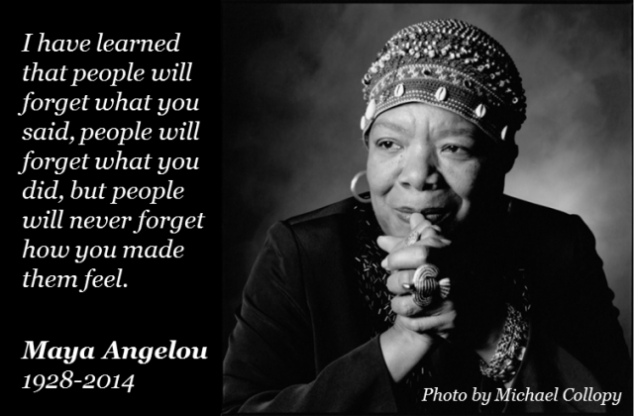They didn’t text you back, and it’s been three days.
You just texted him, and you see the three dots appearing and disappearing.
You read that text, and she used a period. A period!
This missive is brought to you by text, and the requisite stories that surround.
Brené Brown wrote in her book Rising Strong one of the most helpful phrases to ever enter my life: “The story I’m making up.”
The other day at the kitchen sink I got real hurt and pissy about something Melissa said.
Noticing the atmospheric shift, she inquired into my state.
My ego wanted to say, “You said this this way, and it meant that.”
But I remembered Dr. Brené’s words, and I said, “The story I just made up is….”
Inside of a second, I felt my ego experience this semi-dramatic micro-death–Wicked Witch of the West melting in fast-forward–and the next second, the the air opened right up, and Melissa said with a very open heart, “I’m sorry, sweetie, I didn’t mean to hurt your feelings.”
And the thing I understood in that moment is that Melissa did not, in fact, hurt my feelings. I hurt my feelings with the story I told myself.
Once my story dissolved like frost on a confused February day, I was sunny as a daffodil asking, “Is it okay for me to be out now? It’s February.”
Stories, y’all. They’re great. We know this. Until they’re terrible.
Our brains–capable survivalists that they are–make up a story inside of a nanosecond, and we don’t even know a story has been told to us until we’re filled with anxiety, fear, resentment, envy, and a side of outrage and indignation.
That asshole drives way too fast through the parking lot.
They stopped talking when you walked in the room.
An authority person asks to speak to you.
Adrenaline, right???
Immediate story.
I watch this in my boys all the time. Last Monday morning the older schmoopie pie, or Nugget Number One as we like to say, was looking out the front window at one of his latest obsessions: the garbage truck.
He pulled at the blinds to get a better view, and when I gently moved his hand away to pull up said window treatments, well you know what happened. He cried.
I held him up so he could see better out the window and pay proper homage to the truck collecting our trash–such a luxury, right?–and I could see the “oh-this-is-better-than-what-I-thought-was-happening” expression soften on his face.
I then queried God in my heart, “How often are you just pulling up the blinds for me so’s I can view the rubbish vehicle and I’m all like, ‘No! Hoooollllldd iiiitt!’?”
Often.
Now let’s transfer this storytelling mayhem over into the biz.
The casting director moves your resume to the side of the table while you sing.
The accompanist doesn’t respond when you smile and say hello. Nor when you collect your book and say, “thank you.”
The table people don’t give you an adjustment or ask for anything else.
Stories.
Yeah, there’s a small chance the CD is bored at a required call, the accompanist hates you, and the table people are indifferent about your work, but so are many other less jaw-clinching possibilities in the multiverse.
But you know where stories come in real handy for you?
In that song you were just singing when you were worrying about your surly piano collaborator and the table-folk who might have just received a snippy email from a boss or producer that they’re currently making up a story about.
But in your song. That’s where your magical mind can have free rein and create something beautiful and captivating that might just bless that table-ninja.
It’s pretty nuts, right? The narratives our brains spin and we believe that cause us all kinds of suffering, and then when that very practice would serve us and the work we love, we shut it down.
“But there isn’t an imaginary person in the studio with me. Referring to that point on the wall is stupid.”
Guess what. That casting director you decided was bored with you? She isn’t real either. You made her up, too.
So what would happen if we took all that natural imagination energy and directed it toward specific, artful, spontaneous work? Would that feel something akin to satisfying? Sounds good to me.
Yep, sometimes Dad is just pulling up the blinds so you can see the garbage truck.



